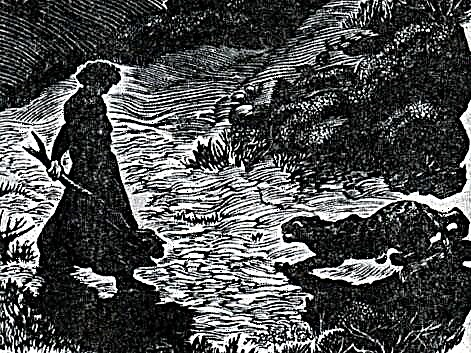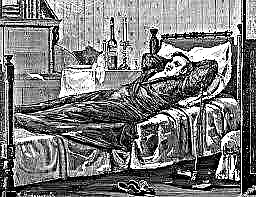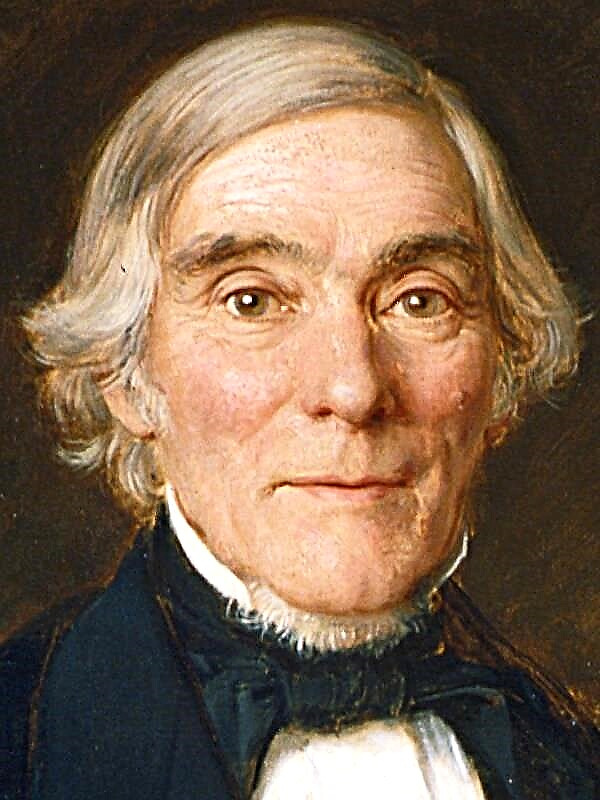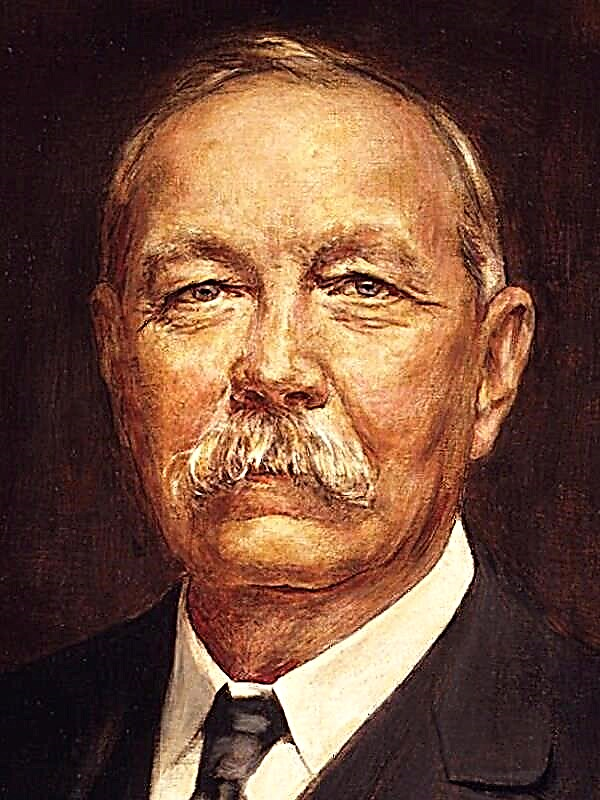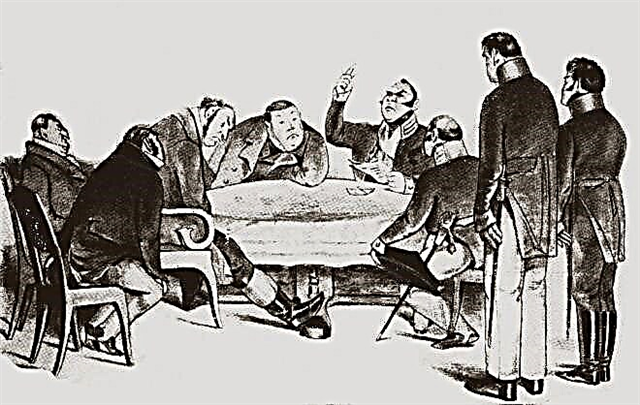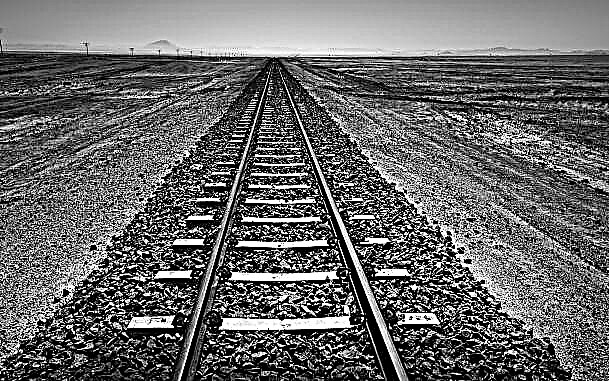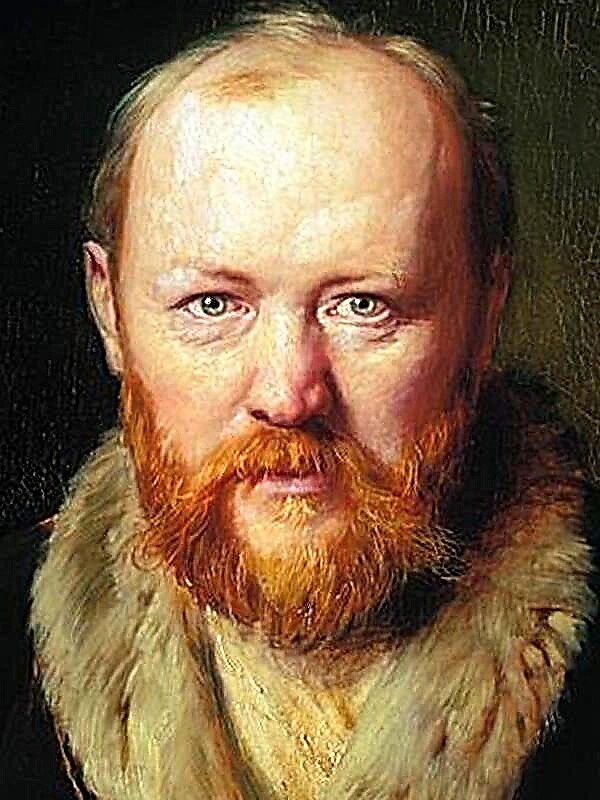(236 words) The role of the book in human life can be described in different ways. In my opinion, it has three main functions that give literature significance.
Firstly, it is a faithful companion. From childhood, we find ourselves in a world of letters and sounds, fairy tales and children's poems. Imagination expands the boundaries of the real world, traveling with fictional characters, living all the incredible adventures with them. Then the student gets acquainted with the educational literature, which is a tool for comprehension of any science. It is difficult to imagine modern education without a single book, especially when you consider that in the first schools the book was the only mediator between the student and the teacher. School years are the time when a book becomes a weighty load behind the shoulders of each student, but it is this heavy load that contributes to the development of mental and moral qualities of a person. The book is also accompanied by students of higher educational institutions, whose attitude to it is an order of magnitude higher and stricter than at school. Secondly, the book is the basis of self-education. With the development of various branches of science, art, education, economics, books have become the theoretical basis of each field of knowledge. Such progressiveness allows a person to learn any business from scratch. Thirdly, books teach to think, reflect, include their imagination. It is no secret that when reading good literature, a person forms a pleasant hearing and aesthetic taste.
Obviously, the role of the book is a prestigious and socially significant role. Despite the fact that our century is marked by a tendency to obtain quick, accessible and understandable information, it can never compete with a book. Articles and reports will be forgotten, storytellers will die; the book will live forever, remaining an indispensable assistant and friend.


 Thinking traps
Thinking traps
